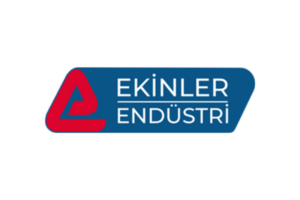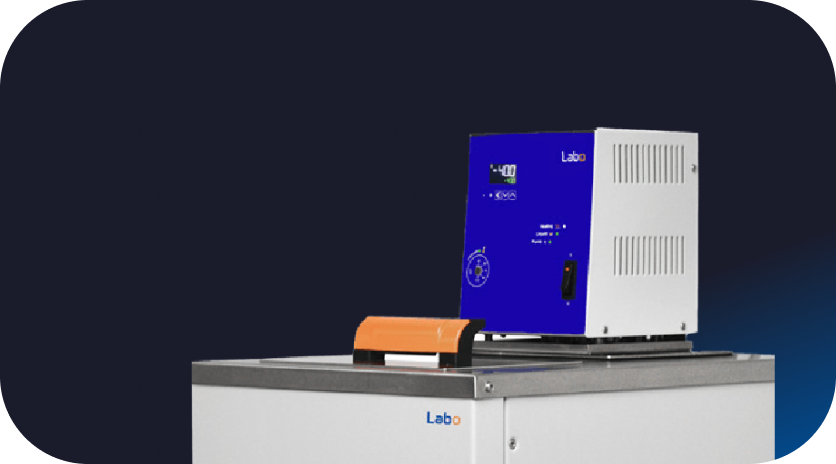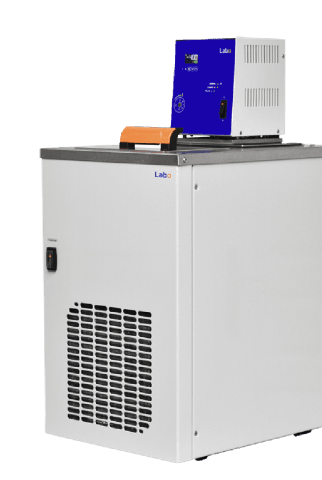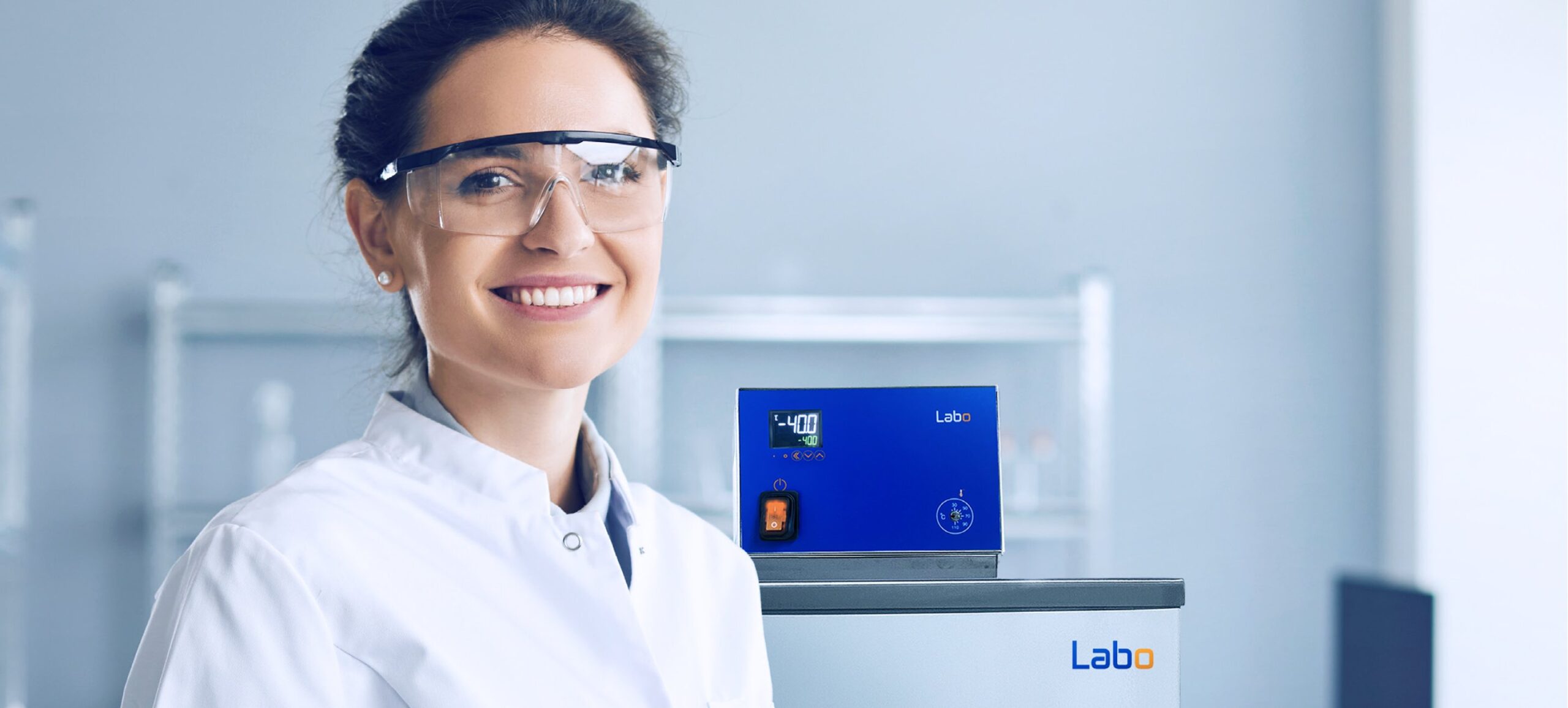Metallurgy
Temperature plays a fundamental role in metallurgy, influencing everything from the atomic structure of metals during heat treatment to their mechanical behavior under stress. Precise temperature control is essential for achieving desired material properties, preventing defects, and ensuring the reliability and safety of metallic components used in critical applications. This is particularly vital in material testing, such as Charpy impact tests and Drop Weight Tear Tests (DWTT), where specimens must be conditioned to specific low temperatures to assess fracture toughness and ductile-brittle transition behavior according to international standards. Our advanced temperature control solutions, including specialized cooling baths and high-precision circulators, provide the accurate and stable thermal environments necessary for rigorous metallurgical testing and process control, enabling manufacturers and testing labs to ensure material quality, predict performance, and comply with industry regulations.
Temperature – A Key Factor in Metal Properties and Performance
The world of metallurgy is intrinsically linked to temperature. From the searing heat of smelting and casting to the carefully controlled thermal cycles of heat treatment processes like annealing, quenching, and tempering, temperature dictates the microstructure and, consequently, the mechanical, physical, and chemical properties of metals and alloys. Achieving the desired hardness, strength, ductility, toughness, and resistance to corrosion and fatigue all depend on precise thermal management during production.
Beyond manufacturing, temperature control is paramount in the testing and characterization of metallic materials. Metals often exhibit different behaviors at varying temperatures. For instance, many ferrous metals can undergo a transition from ductile (tough) fracture at higher temperatures to brittle (fragile) fracture at lower temperatures. Understanding this ductile-brittle transition is critical for selecting appropriate materials for applications in cold environments, such as pipelines, offshore structures, or components used in aerospace and automotive industries operating in diverse climates.
Key material tests specifically require precise temperature conditioning:
- Charpy Impact Testing (ASTM E23, ISO 148-1): This test measures the energy absorbed by a notched specimen during fracture under an impact load. To determine the ductile-brittle transition temperature, specimens are cooled to a series of specific low temperatures before being struck. Accurate cooling is vital for obtaining reliable and reproducible results.
- Drop Weight Tear Test (DWTT) (ASTM E436, API RP 5L3): Often used for pipeline steels, the DWTT assesses the fracture appearance (percentage of shear fracture) of a full-thickness specimen impacted by a falling weight. Similar to Charpy tests, specimens are often cooled to specific temperatures to evaluate fracture behavior under conditions relevant to pipeline operation, especially in colder regions.
In both Charpy and DWTT, if the specimen temperature is not precisely maintained according to the relevant standards, the test results will be inaccurate, potentially leading to incorrect material selection, safety risks, and non-compliance with critical industry specifications. Therefore, reliable and accurate temperature control is not just a procedural step but a fundamental requirement for valid metallurgical testing and ensuring the integrity and performance of metallic materials in service.
Our Solution: Precision Temperature Control for Metallurgical Processes and Testing
We provide specialized temperature control solutions that meet the stringent requirements of the metallurgy industry, particularly for critical material testing applications. Our equipment is designed for precision, reliability, and ease of integration into metallurgical laboratories and production facilities.
Here’s how our temperature control devices provide solutions for key metallurgical needs:
-
Specimen Cooling for Impact Testing (Charpy & DWTT):
- Need: Precisely cooling metallic specimens to specific low temperatures (e.g., -20°C, -40°C, -80°C, or even lower) before impact testing to accurately determine fracture behavior and ductile-brittle transition.
- Solution: Our specialized cooling baths and refrigerated circulators are engineered to rapidly cool and maintain multiple Charpy or DWTT specimens at user-defined temperatures with high stability and uniformity, fully complying with standards like ASTM E23, ISO 148-1, ASTM E436, and API RP 5L3. These systems often utilize suitable cooling fluids (like alcohol) circulated at precise temperatures.
- Example: A laboratory performing Charpy tests on pipeline steel can use our cooling bath to simultaneously condition a batch of specimens to -45°C ± 0.5°C, ensuring each test is performed at the required temperature to accurately plot the ductile-brittle transition curve.
-
General Material Testing at Controlled Temperatures:
- Need: Conducting tensile, fatigue, or other mechanical tests at specific elevated or sub-ambient temperatures to understand material performance under various service conditions.
- Solution: Our heating circulators and refrigerated circulators can provide controlled temperature fluids or act as part of a temperature control system for testing chambers or fixtures, allowing for accurate testing across a wide temperature range.
- Example: Using a refrigerated circulator to cool a tensile testing chamber enables evaluation of a metal alloy’s strength and ductility at temperatures simulating a cold operating environment.
-
Small-Scale Heat Treatment Simulation/Research:
- Need: Precisely controlling heating and cooling rates for small metallurgical samples during research or process development.
- Solution: While not primarily focused on large-scale furnaces, our high-temperature heating circulators can be used in specialized setups to provide controlled thermal profiles for small specimens or laboratory-scale heat treatment simulations.
- Example: A research project studying the effect of cooling rate on a new alloy’s microstructure might use a heating circulator with a programmable temperature profile to simulate specific heat treatment steps on small samples.
Our Specific Offerings for Impact Testing:
We offer dedicated solutions, particularly for low-temperature impact specimen conditioning:
- High-Precision Cooling Baths: Designed specifically for Charpy and DWTT specimens, offering rapid pull-down times and exceptional temperature stability (typically ±0.5°C or better) to meet stringent testing standards.
- Wide Temperature Ranges: Our systems cover the critical temperature ranges required for determining the ductile-brittle transition, often capable of reaching temperatures as low as -80°C, -100°C, and in some configurations, even lower.
- Capacity and Ease of Use: Baths are available with capacities to cool multiple specimens simultaneously, featuring easy loading/unloading and intuitive controls for setting temperature and soak times.
- Compliance: Engineered to help laboratories comply with key international standards for impact testing, providing confidence in the accuracy and validity of test results.
Benefits to the Metallurgy Industry:
- Accurate Material Characterization: Enabling precise determination of material properties, especially fracture behavior at various temperatures.
- Compliance with Standards: Meeting the strict temperature conditioning requirements of international testing standards (ASTM, ISO, API).
- Enhanced Product Reliability: Ensuring that metals and alloys are suitable for intended applications and can perform reliably under expected thermal conditions.
- Improved Safety: Identifying materials prone to brittle fracture at low temperatures helps prevent catastrophic failures in critical structures.
- Efficient Testing: Reliable and stable temperature control reduces the need for re-testing and streamlines the testing process.
By providing precise and reliable temperature control solutions, we empower the metallurgy industry to conduct accurate material testing, optimize processes, and build confidence in the performance and safety of metallic materials.

Testimonials













